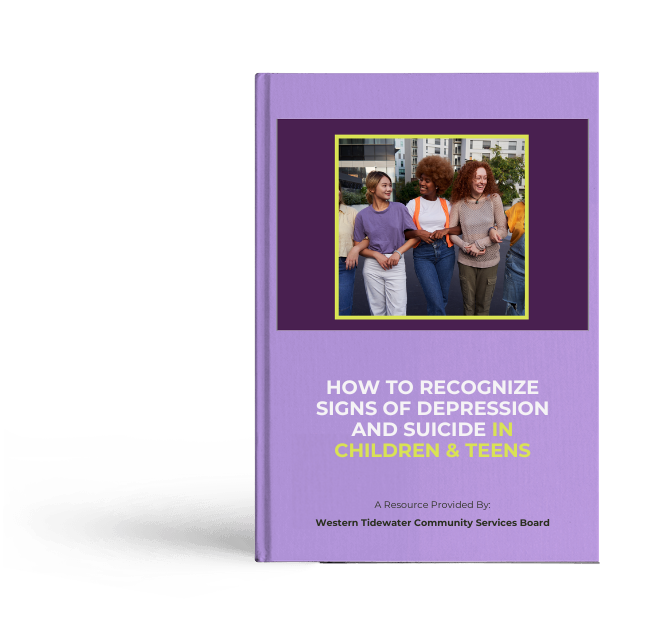It may seem difficult to show yourself self-compassion if you are experiencing mental distress and considering self-harm, but self-compassion is a way to support your mental health and diminish thoughts of self-harm.
What is Self-Harm
Self-harm is used as an outlet for overpowering emotions and distracting oneself from intense feelings. A person who self-harms typically experiences deep feelings of guilt, shame, loneliness, sadness, or anger.
Self-harm is an act of purposely injuring oneself, but it is not always visible to the human eye. The behaviors of emotional self-harm can also batter a person’s well-being, which can show up as unhealthy coping mechanisms (i.e., internalizing emotions and refusing to get help, addictive substance use and overuse, eating disorders, people pleasing, constantly feeling bad about oneself, and body image issues).
Self-harm is not a mental illness, per NAMI, but it is a behavior that indicates a need for better mental health self-management skills. “Learning how to tolerate the mental pain, can make you stronger in the long term.”
The Benefits of Showing Self-Compassion Even When You Struggle with Self-Harm
A comprehensive review of multiple studies (Cleare et al., 2019) reports that self-compassion and self-forgiveness can lessen the relationship between negative life events and self-harm. Justin Wiseman, from Write State University, shares from his compiled report which he based on numerous studies:
“Self-compassion is a form of coping with negative emotion. Negative emotion has been consistently associated with self-injury, as having poor coping skills. When self-compassion is high, individuals are more apt to use healthy coping skills.”
Self-harm can become a cycle. Emotional suffering > Emotional Overload > Panic > Self-Harm > Temporary Relief > Shame and Grief – all of which circles back to emotional suffering and keeps the person in a pattern of self-harm. Self-compassion wedges itself into the cycle and disallows it from continuing. Emotional suffering still happens momentarily, but self-compassion can stop it from growing into overload and cycling.
The many benefits of self-compassion include, but are not limited to, empowerment, learning, inner strength, resilience, increased productivity, and decreased stress (and more).
Self-compassion really is about being kind to yourself. If a dear friend or family member were suffering from intense emotions and they told you that the only way they thought they could relieve their emotional overload was through self-harm, would you feel and express compassion for the person? Would you be kind to them? Your empathy could be the element that helps them to feel less alone with their troubles and feel less like self-harming. Having empathy for yourself works in similar ways. Empathy consists of acknowledging your troubles in life but also having self-compassion that empowers you to be strong, to not self-blame, and to get beyond it.
Ways to Avoid Self-Harm and Practice Self-Compassion
Allowing yourself to see who you are (awareness) without being unkind is the key starting point. Without awareness, you cannot stop your negative feelings and move on to healthy thinking. Practice being mindful of these three areas of self-compassion each day.
1. Self-Kindness vs. Self-Judgment
Self-compassion involves being warm and understanding toward ourselves when we experience suffering, failure, or when we feel inadequate. It encompasses awareness and acknowledgment that imperfections in oneself are a part of life and that we will always experience challenges. We avoid self-criticism when we practice self-compassion.
2. Common Humanity vs. Isolation
When we hold self-compassion, we recognize that we are not alone in being human, which means that we share our vulnerabilities and imperfections with humanity. Life experiences are something that we all commonly go through, and it is not something that happens to us alone.
3. Mindfulness vs. Over-Identification
Self-compassion also involves self-awareness of our negative thoughts and emotions. We acknowledge and validate that things are hard without turning our suffering into self-judgment or running away with painful thoughts. Instead, we problem-solve with compassion, and without over-identifying ourselves as the problem, or the reason that the pain is occurring.
4. Journal or Meditate Your Thoughts
Make it a daily practice to journal or meditate your thoughts around these three areas (Self-Kindness vs. Self-Judgment, Common Humanity vs. Isolation, and Mindfulness vs. Over-Identification):
- I was compassionate and kind to myself today. I was not self-judging.
- My life was not perfect today, but this is a part of being human.
- I allowed myself to experience emotions and I allowed myself to release them.
- I treated myself with the same kindness that I would treat others.
- We all have problems in this world. Problems do not define who I am.
Sharing is a Form of Self-Compassion
Sharing what you are experiencing can help you recover from intense emotions and thoughts of self-harm. Sharing your thoughts with someone that you can trust can help, but you may feel that your person will not understand. There is no shame in asking for professional help, and if you are considering harming yourself – please seek help.
At Western Tidewater CSB, your relief is our priority, and we are always available and accessible to all.
Whether it be you, your child, or someone you love who needs to break through the barriers of emotional self-harm, we provide mental health counseling that helps individuals develop coping skills and confidence that creates personal change.
We offer hope and relief!
If you are in a crisis, we offer Same Day Access.








